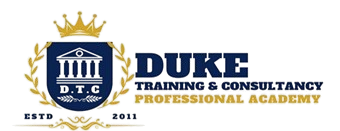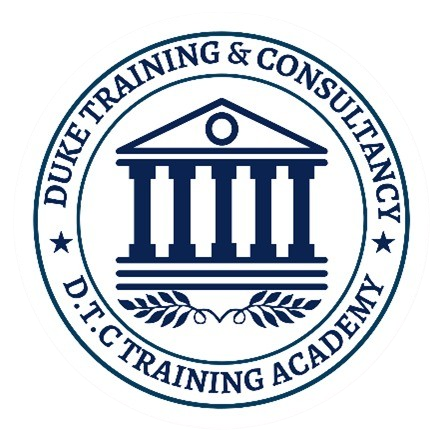Course
Lean Mastery Unleashed: Crafting Manufacturing Excellence in the Lean Frontier Awareness Program
The Lean Mastery Unleashed program is designed to empower professionals in the manufacturing industry with the knowledge and skills necessary to implement Lean principles effectively. Lean manufacturing focuses on maximizing customer value while minimizing waste, and this program aims to equip participants with the tools and techniques needed to streamline processes, improve efficiency, and drive continuous improvement. Through a blend of theoretical learning, practical exercises, and real-world case studies, participants will gain insights into Lean methodologies and learn how to apply them to achieve manufacturing excellence.
- Understanding Lean Principles: Gain a comprehensive understanding of Lean principles, including value stream mapping, waste elimination, and continuous improvement.
- Practical Application of Lean Tools: Acquire hands-on experience in applying Lean tools and techniques, such as 5S, Kanban, and Kaizen, to streamline processes and improve efficiency.
- Waste Identification and Elimination: Learn how to identify and eliminate various forms of waste, including overproduction, defects, and waiting times, to enhance productivity.
- Value Stream Mapping: Master the art of value stream mapping to identify value-adding and non-value-adding activities and optimize process flow.
- Just-in-Time (JIT) Production: Understand the concept of JIT production and its role in reducing inventory, lead times, and costs while improving responsiveness to customer demand.
- Visual Management: Learn how to implement visual management techniques to enhance transparency, communication, and problem-solving within the manufacturing environment.
- Continuous Improvement Culture: Cultivate a culture of continuous improvement within the organization, encouraging employees to seek out and implement process improvements.
- Lean Leadership: Develop leadership skills necessary to champion Lean initiatives, motivate teams, and drive sustainable change across the organization.
- Real-world Application: Analyze real-world case studies and engage in group activities that simulate Lean implementation scenarios, allowing for practical application of Lean principles.
- Comprehensive understanding of Lean principles and methodologies for achieving manufacturing excellence.
- Practical experience in applying Lean tools and techniques to streamline processes, reduce waste, and improve efficiency.
- Skills in identifying and eliminating various forms of waste to enhance productivity and value delivery.
- Proficiency in value stream mapping to optimize process flow and identify improvement opportunities.
- Understanding of JIT production and its benefits in reducing inventory, lead times, and costs.
- Ability to implement visual management techniques to enhance transparency and problem-solving.
- Cultivation of a culture of continuous improvement within the organization.
- Leadership skills necessary to champion Lean initiatives and drive sustainable change.
- Application of Lean principles through analysis of real-world case studies and practical group activities.
Manufacturing managers, engineers, supervisors, production personnel, quality assurance professionals, continuous improvement teams, and anyone involved in manufacturing processes and operations.
Suitable for manufacturing industries across various sectors, including automotive, aerospace, electronics, consumer goods, pharmaceuticals, and more, where achieving operational excellence is crucial for competitiveness and customer satisfaction.
- Introduction to Lean Principles: Overview of Lean philosophy, history, and principles.
- Lean Tools and Techniques: Overview of key Lean tools, including 5S, Kanban, Poka-Yoke, and Kaizen.
- Waste Identification and Elimination: Understanding the eight forms of waste and methods for waste elimination.
- Value Stream Mapping: Introduction to value stream mapping and its role in process optimization.
- Just-in-Time (JIT) Production: Principles of JIT production and its benefits for inventory management.
- Visual Management: Implementing visual management techniques for improved communication and problem-solving.
- Cultivating a Continuous Improvement Culture: Strategies for fostering a culture of continuous improvement within the organization.
- Lean Leadership: Leadership skills necessary for driving Lean initiatives and sustaining change.
- Real-world Application: Analysis of real-world case studies and practical group activities simulating Lean implementation scenarios.

